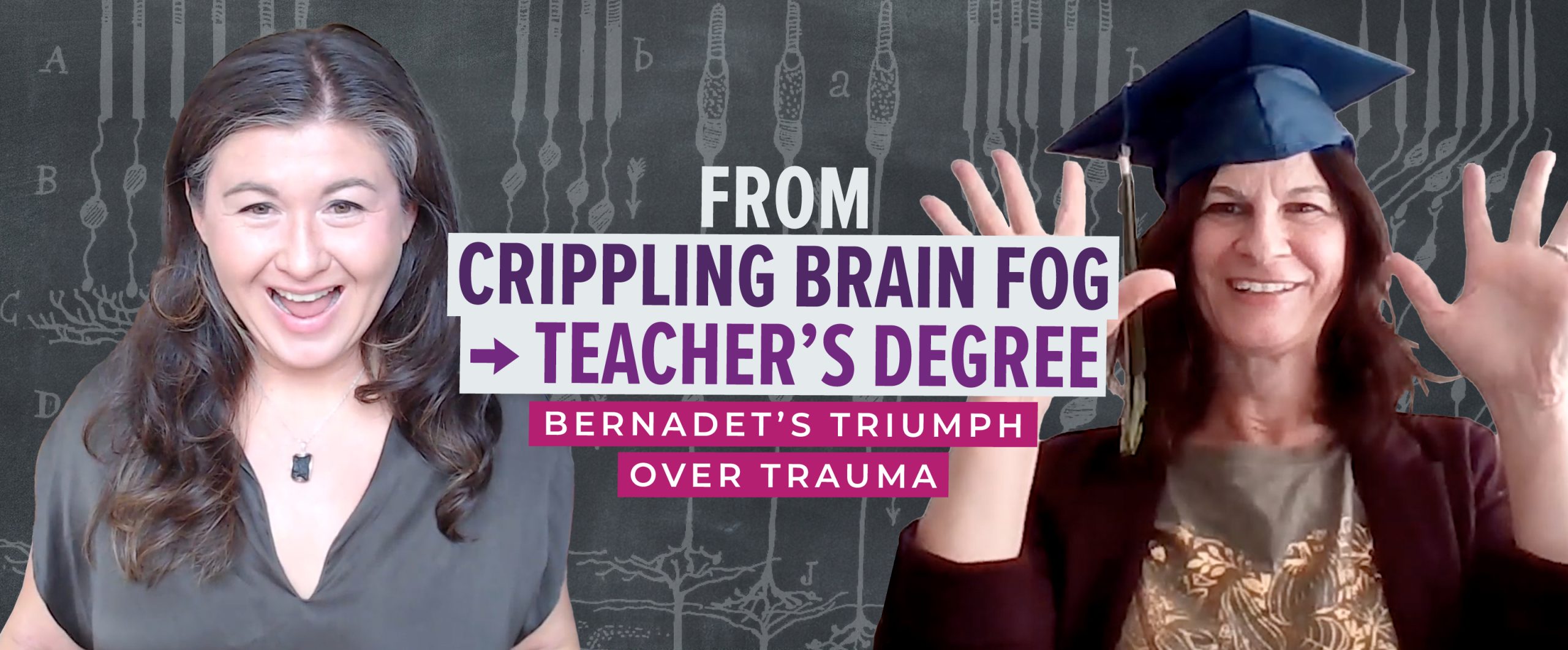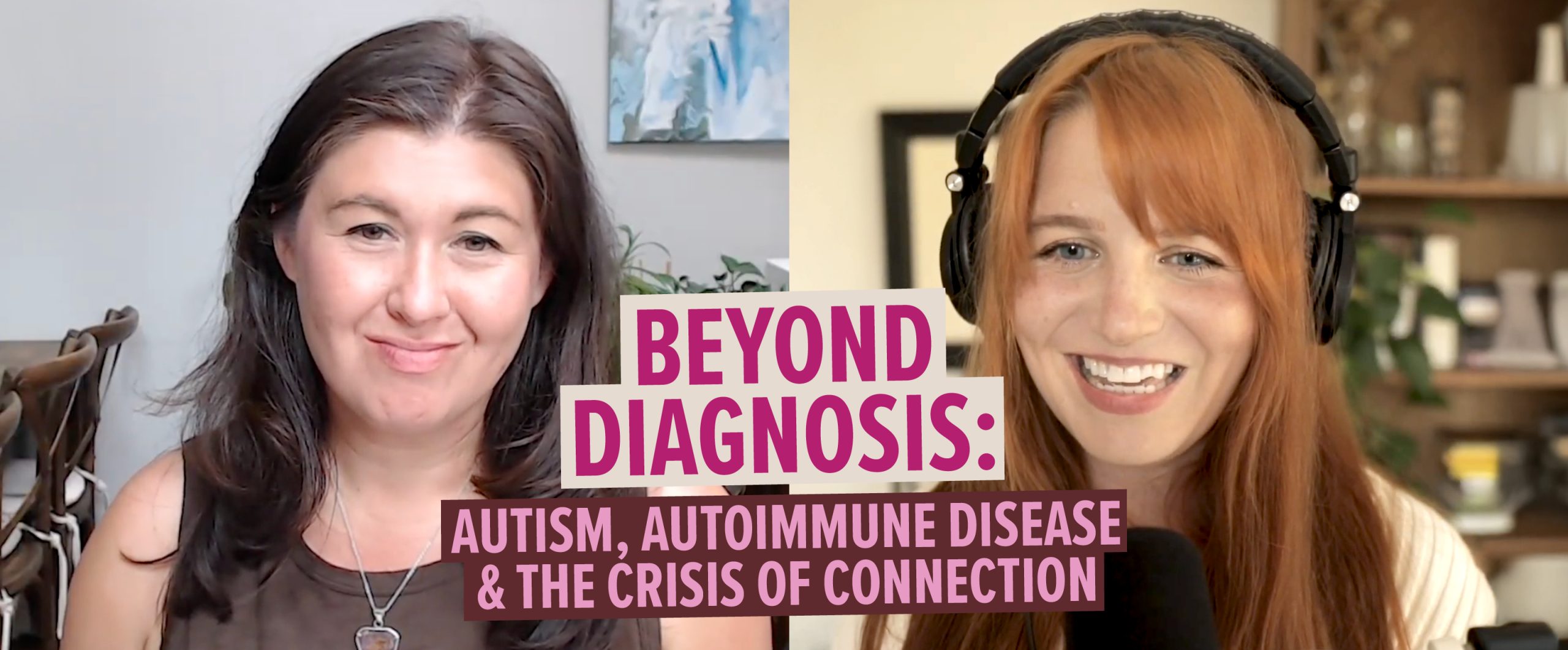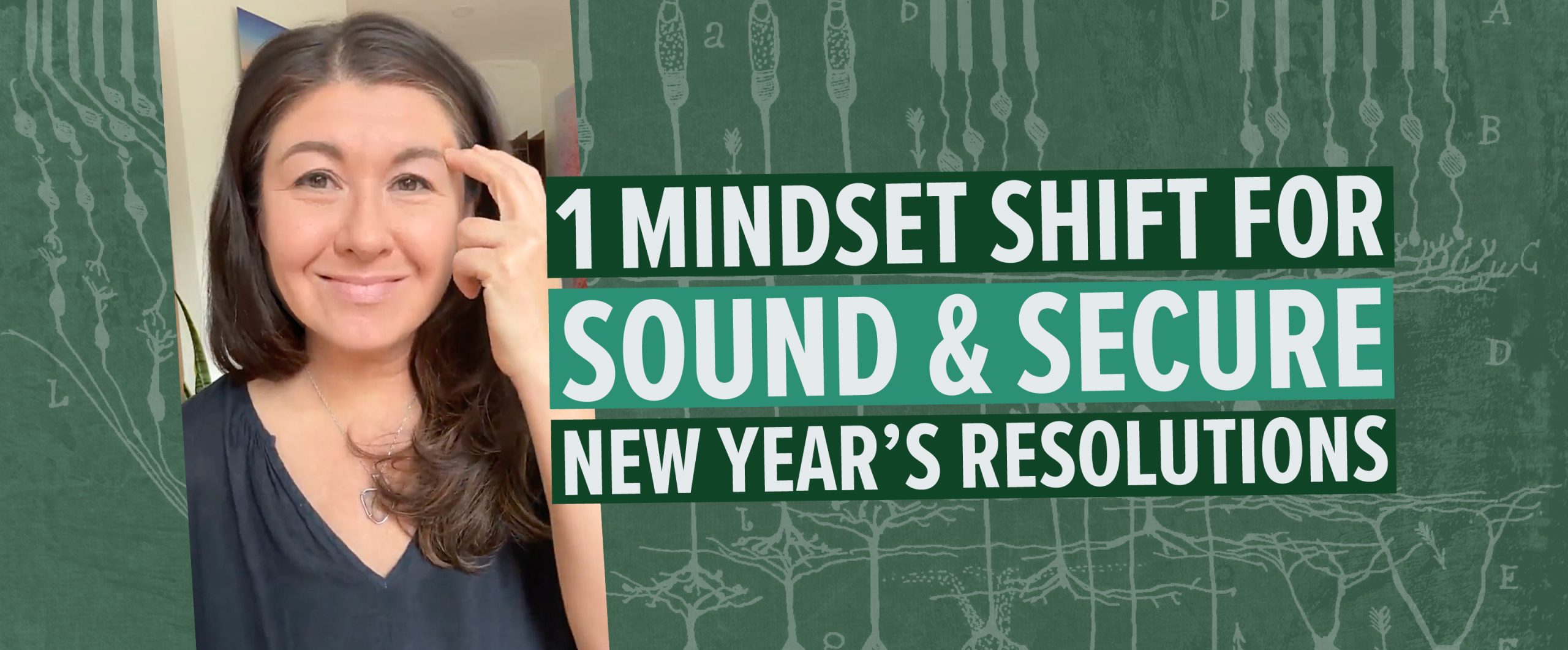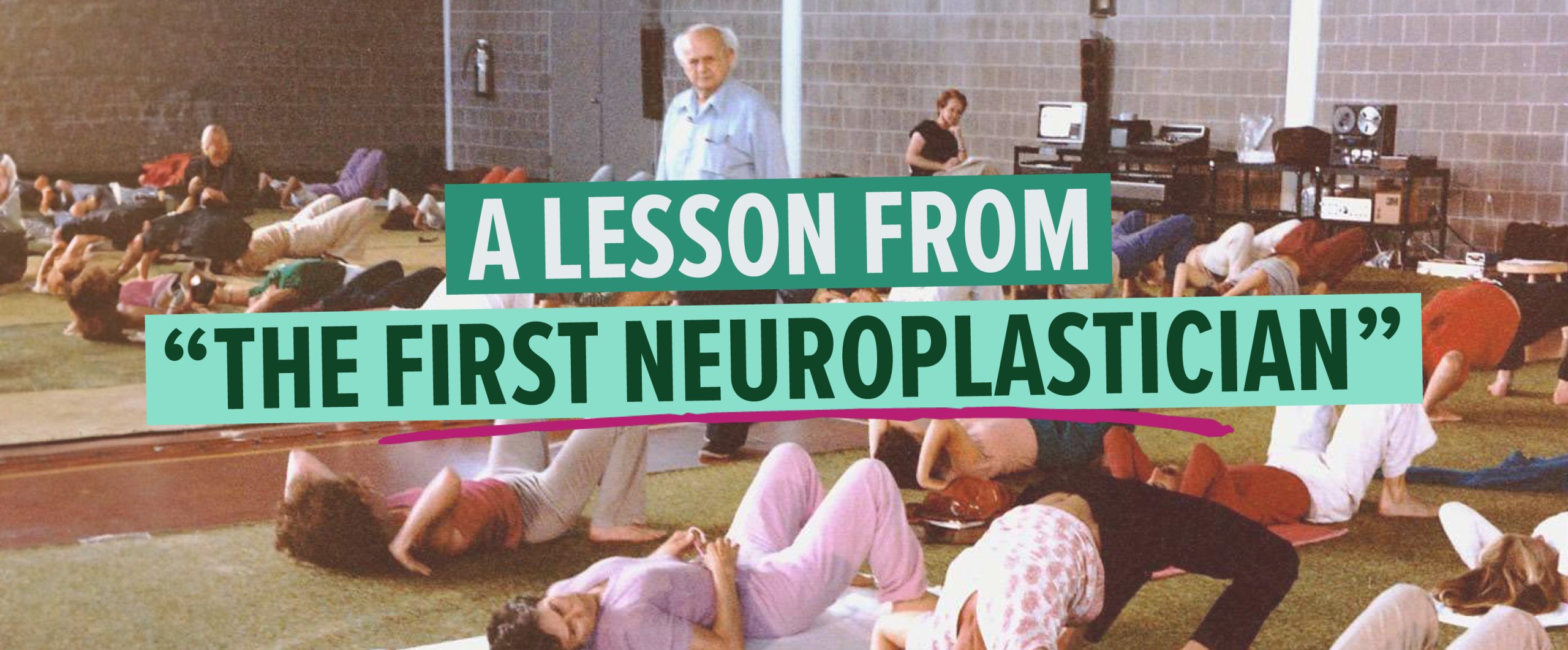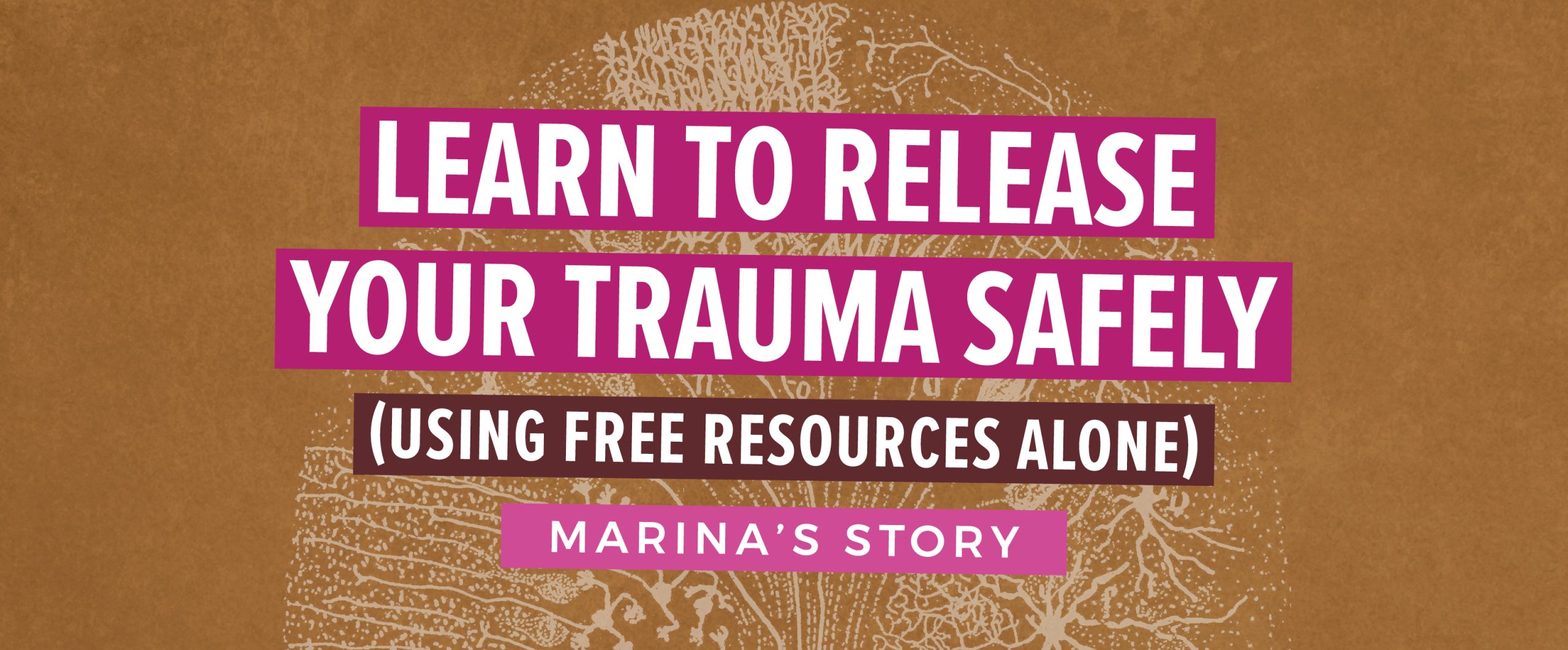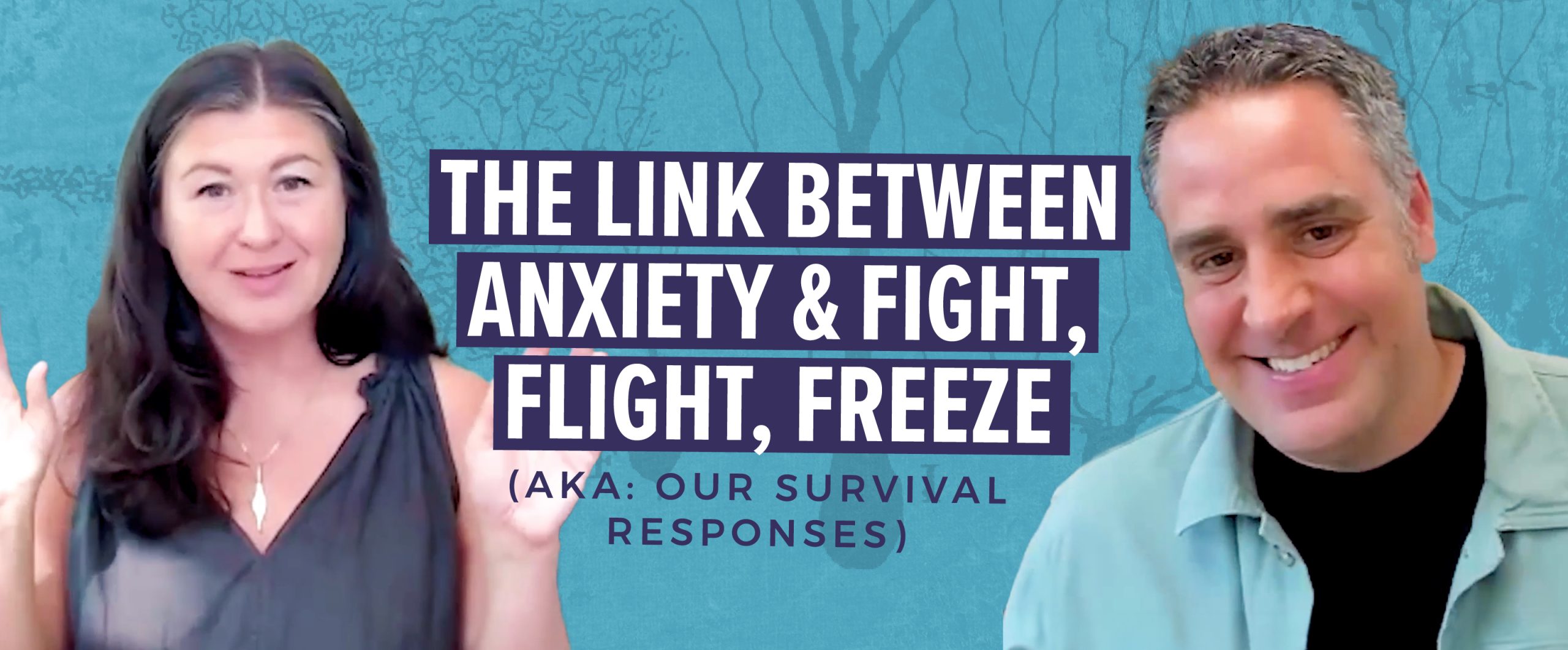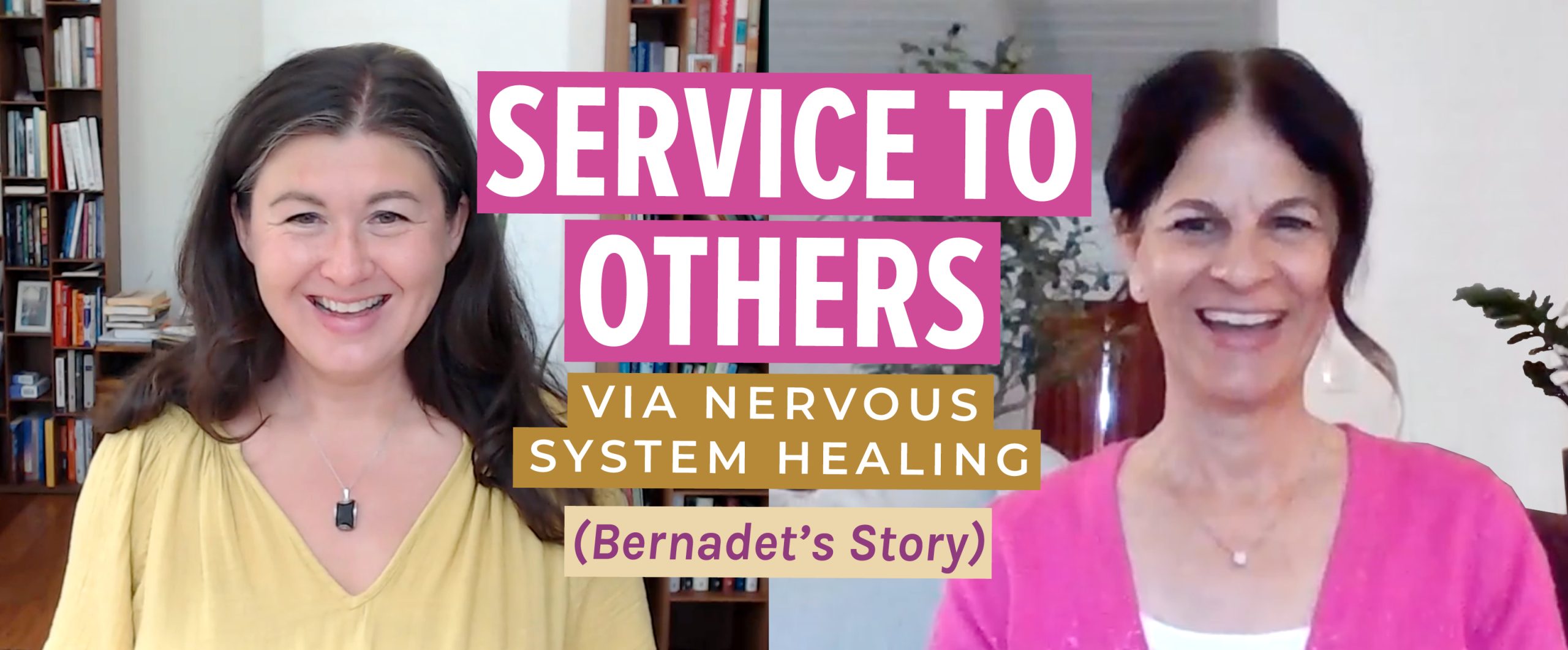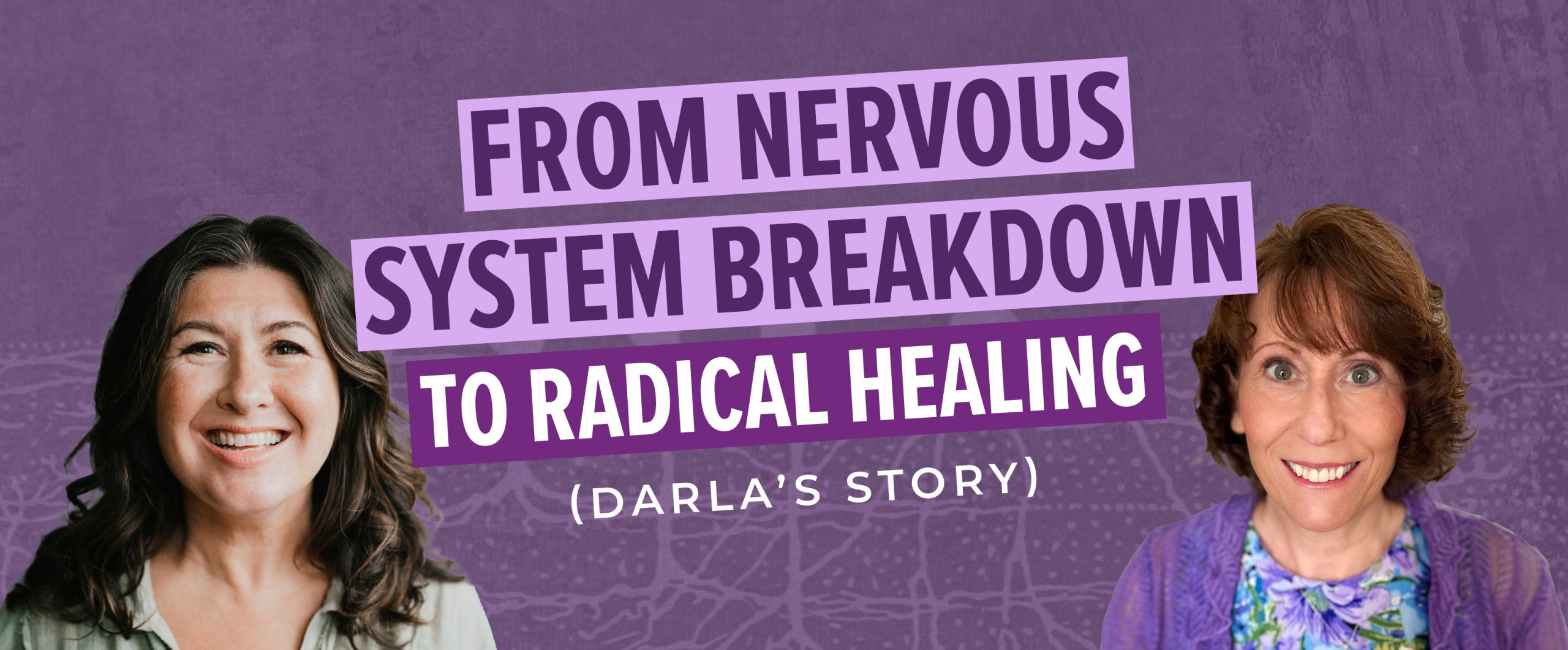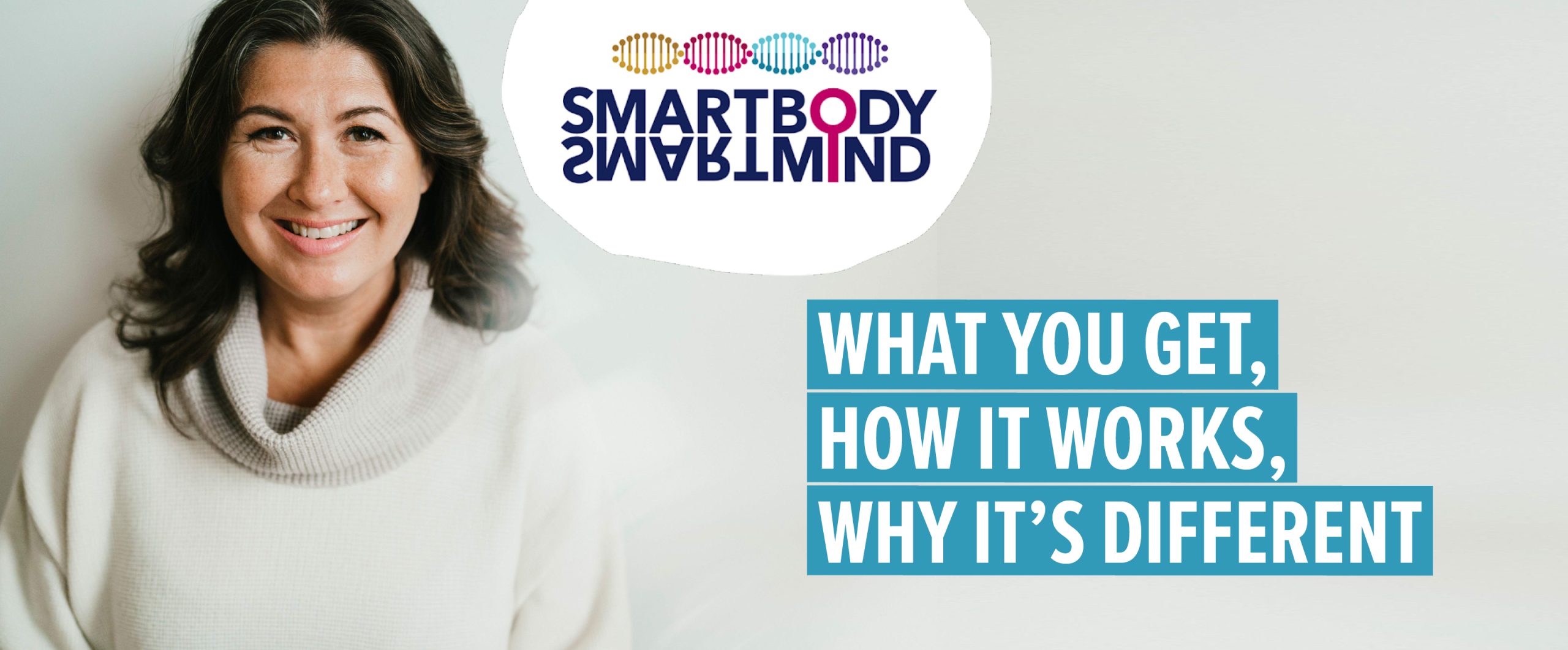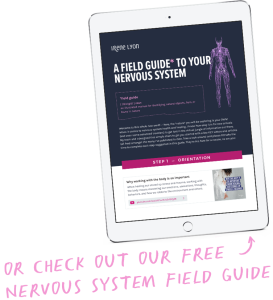Yes. It does.
But here’s the thing:
Threat. Helplessness. Abuse. Adversity. Toxic Shame…Living in a perpetual state of overriding our feelings, sensations, emotions (um hello Western society)…All of this creates a critical situation in the body’s physiology which is one of survival.
We can also call this stress physiology, or living in a state of stress chemistry.
But this state doesn’t heal with time. It only heals when we understand this theory and put that theory into somatic practice.
Living in a state of survival stress creates a kind of somatic storm in the nervous system wherein it perpetually feels like it is under attack and needing to protect itself. To protect, to survive, to soothe, to always be hyper-vigilant, afraid and suspicious.
It can show up as ‘the high’, which is that fight and flee (flight) energy, or it will show up as the ‘extreme low’, which is that freeze energy. It feels numbed out, dissociated or shutdown.
If we live most of the time in one (or both) of these survival states, we spend a lot of our time trying to go the other way. Meaning, if we are always revving up with survival fight and flee energy, we are always looking to calm and come down in whatever ways we can. The flip side is if we are always dampened by freeze and shutdown, we will do whatever we can to adrenalize and pump ourselves up to a level of ‘feeling’ so as to feel alive.
But this is living via our fight, flight and freeze responses.
It is not evolved, it is adaptive (or maladaptive), managing and incredibly taxing on our system.
Live (adapt) like this long enough, and the system will break. Guaranteed.
So while we might feel OK a lot of the time, or be good at managing and coping with really solid tools and strategies, there is often the too common reality of being hijacked with panic and riddled with anxiety at the most inopportune times that shows off this stored up traumatic stress physiology.
This stored up traumatic stress is also seen in those intense tsunamis of hopelessness; those unexplainable fears or that deep depression that hits us when we least expect or want. In those states of shutdown of survival stress physiology (which, let’s not forget, has intense fight and flee trapped under it), the notion of ‘the end’ or risky, reckless behaviour that might go sideways is not in the conscious awareness. It is impossible to fully take stock of goodness or understand risk to ourselves when all our cells are bathing in survival and finding the best possible route to ease the pain.
When these survival mechanisms and their associated biochemistry and neurochemistry stay on and never let down, the system starts to break, literally.
Symptoms and adaptive behaviours start to pop up and it is these symptoms and adaptations (to stay alive or end life) that become those unpredictable responses.
Pain, anxiety, panic. Lows, highs. Addictions. Cravings. Depression. Fatigue. Insomnia. Gut issues. Immunity issues. Relationship issues. A general sense of not feeling alive and in a constant state of survival.
All of this is living in a constant state of traumatic stress physiology and THIS is the cause of dis-ease. Plain and simple.
These somatic storms turn on our genetic predisposition for illness of the mental and physical varieties.
This way of adaptation keeps us from connection to self and others.
To heal means to do deep nervous system, somatic nervous system, work.
We must heal trauma at this stress chemistry level for change to stick.
If we don’t work from this root level, this stress physiology will run the front of the bus and potentially take us to places we don’t want to go.
Please learn more on these topics and figure out if you have traumatic stress physiology running your system, your adaptive and maladaptive behaviours and/or your relationship to self and others.
In my 20+ years doing this work, I haven’t met a person who isn’t.
It is just a matter of degree and the support and treatment protocols that are available to them.
If you are reading this, then you are in the best place in the world to learn about traumatic stress physiology and what can be done to bring those survival responses down so you can evolve and thrive, rather than purely survive.
The choice, as always, is ours (yours) to make.
To healing, health and evolution.
Irene.
*The title of this piece is from my class notes via studying with Kathy Kain and Steve Terrell. They have a new book on Nurturing Resilience, which I highly recommend if you would like to learn more about this subject.


